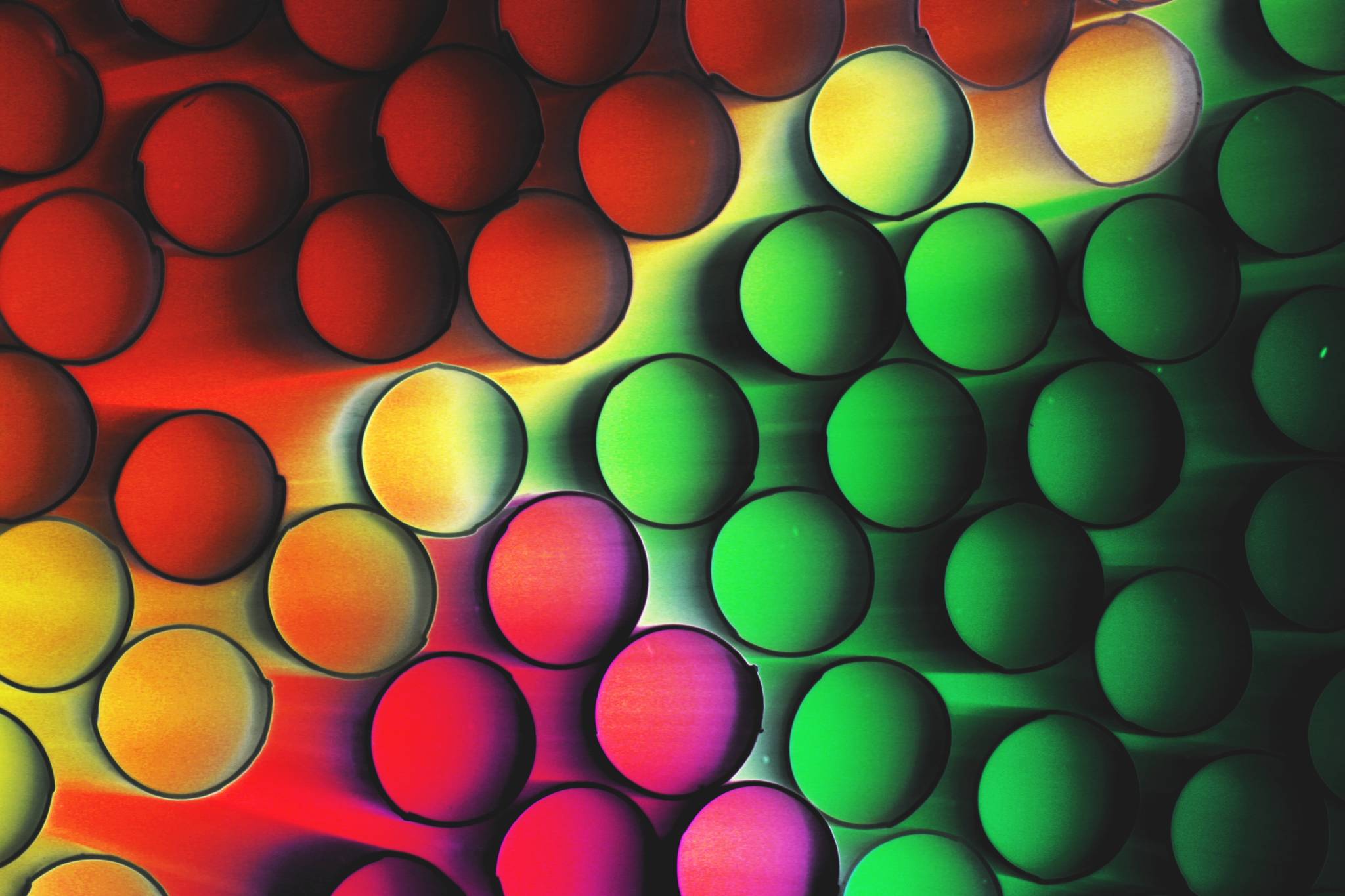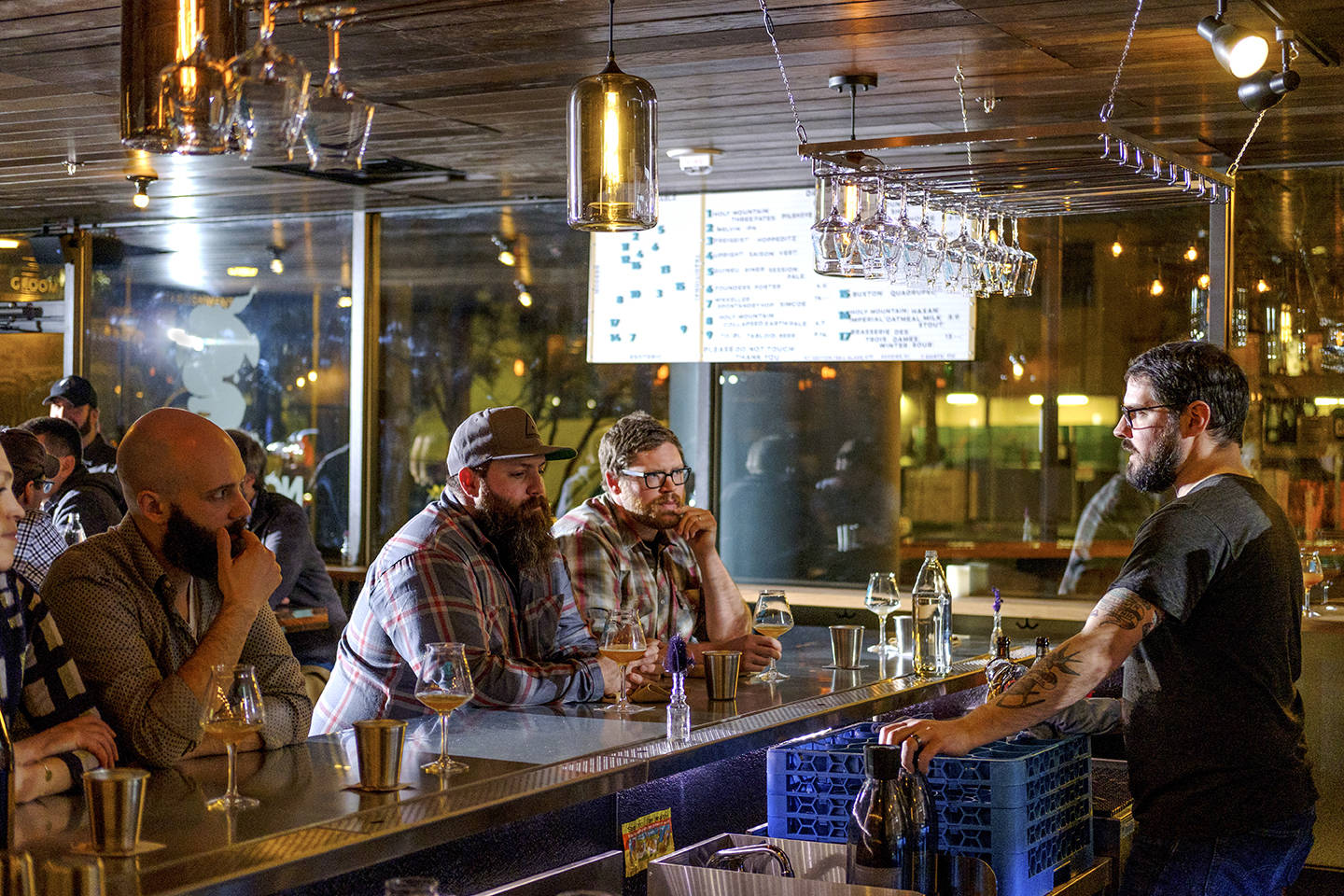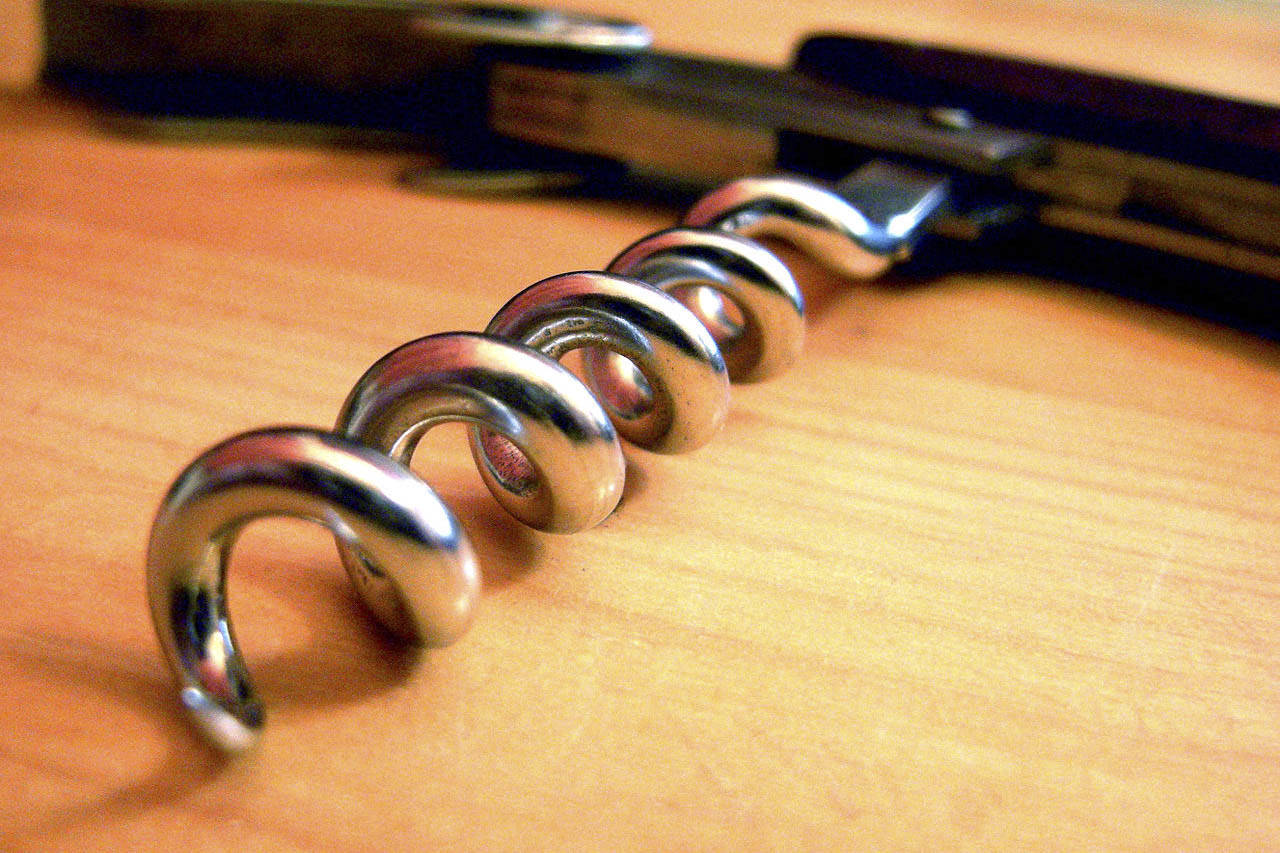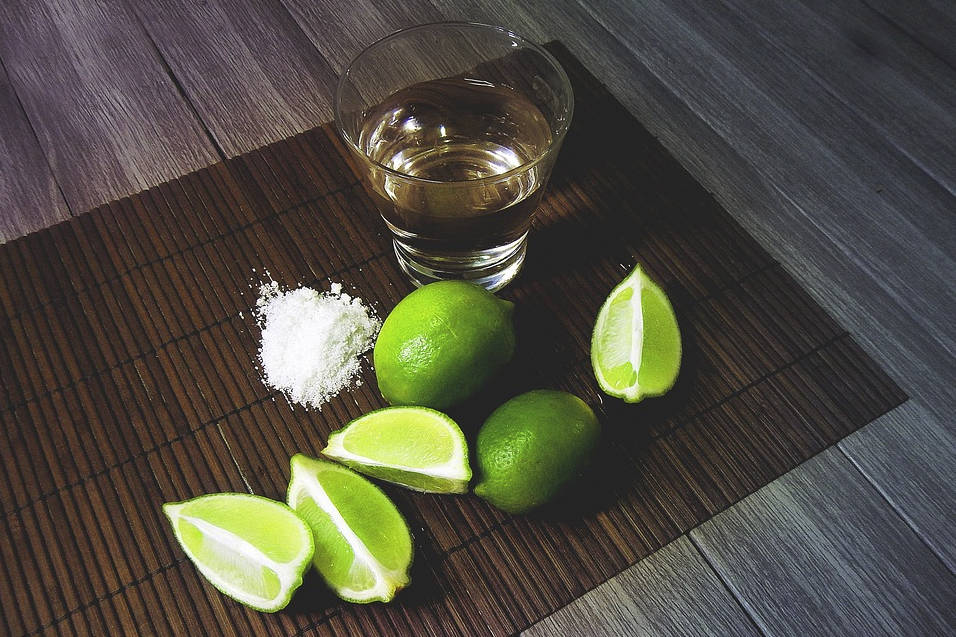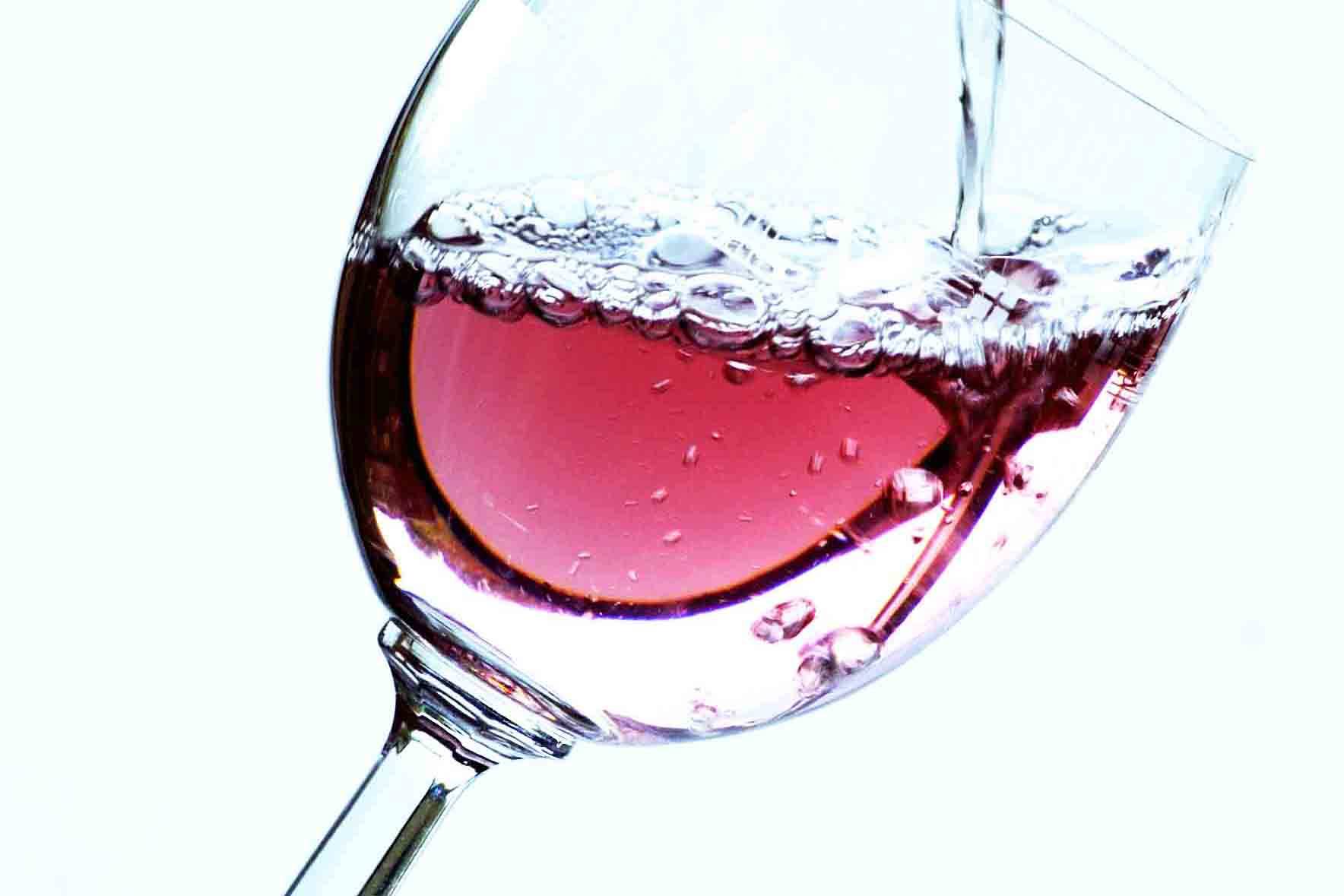Cocktail straws suck. That’s not just a bad play on words; it’s a very real feeling born of years and years of dealing with them and seeing them go to waste in vast quantities every night. At first, my issue with straws was that they rarely serve a purpose. Most drinks are easier to drink and more enjoyable right from the glass; in fact, often you can better smell (and thus taste) the drink if you get your nose right in there.
Also, most plastic straws are flimsy and break easily. I’ve had a nice time drinking a mint julep or other muddled drink out of a metal straw designed for that purpose, but that’s obviously an affectation in which only certain bars can indulge. Beyond that it’s hard to find many common cocktails that truly require a straw, except in service to tradition. Plus, quite often men and women are treated differently; servers and bartenders will far more often put a straw in my wife’s drink than in mine, even if we order the same thing.
The best argument against straws, though, is that they are an environmental disaster. While I’ve never taken an official census, I’d guess that about half of the straws I put into drinks are immediately removed and discarded. Multiply that by all the drinks served in my restaurant—or in Seattle, or globally every day—and the amount of waste is staggering. That much plastic sitting in landfills would be bad enough, but a shocking amount eventually makes its way into the ocean, harming wildlife and generally causing havoc.
That’s why it was exciting to learn that much of Seattle will go strawless in September. Major institutions like Sea-Tac Airport, the Seattle Mariners, and the Seattle Seahawks have all signed on, as have leading restaurateurs, including Tom Douglas and Renee Erickson. It’s hard to know at this point what the public response will be when straws are not automatically handed out, but Seattle’s willingness to embrace a wide range of inconveniences for the sake of the environment has been demonstrated before. Plus, the venues I spoke to all mentioned that alternatives will be available upon request. That’s not to say that those alternatives are perfect; all have issues. Compostable straws tend to dissolve over time, as do paper straws (only quicker). Metal straws are great, but obviously far more expensive, and thus their loss or theft is more consequential. Straws should still have a place in the world, but for the sake of that world, we should make it a far more limited one. ZACH GEBALLE
barcode@seattleweekly.com
